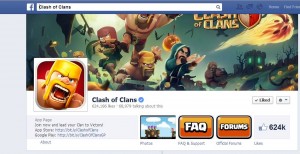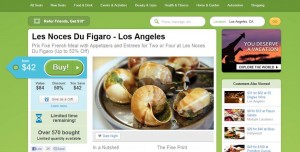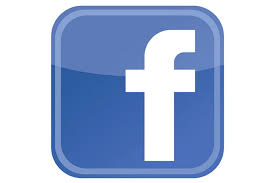Several days ago, I got on Facebook and browsed my fiends’ timelines and their updates. A suggested post from a game provider surprised me. Its post said, “Are you getting tired of Clash of Clans? Try our brand new combat strategy game today for free”, with very appealing visual graphics. I had been playing Clash of Clans for a while, and felt a little boring by playing it. At that moment when I saw that ad, I felt that was the voice of my heart, “Yes, I would like to try the new game.” I also noticed that I began to receive different suggested posts on different games since I started to play Clash of Clans on Facebook.
Then, today, I looked at my Facebook news feed and was actually shocked by one of the suggested posts. It was from Groupon. The post wrote “Prix Fixe French Meal with Appetizers and Entrees for Two or Four at Lex Noces Du Pigaro”. This was exactly what I looked at on Groupon the day before yesterday, the same restaurant with the same picture. What shocked me was that neither did I have a Groupon account, nor did I link Groupon with my Facebook account, how could Facebook know that I looked at this particular restaurant online.
The ads on Facebook are getting more relevant. And they are getting more effective. Kenshoo Social, the marketing technology platform, found out that conversion rates for ads on Facebook were 2.36 times higher in the third quarter of 2013 and revenues up 2.16 times, conversion volumes up 2.85 times, and recorded a tripling of return-on-investment. Its research covered 85 billion ad impressions across a representative sample of major brands, discovering that ad impressions rose 13%, click volumes increased 14.4% and cost-per-click reduced 9% over the quarter.
Nanigans, the predictive lifetime value company offering Software-as-a-Service for social and mobile performance marketing at scale, released a benchmark report for retailers advertising on Facebook on October 16, 2013. The report result suggested that Facebook was found to have delivered an average 152% return-on-investment over the past year while click-through rates rose 3.75 times.
I think there are three main reasons for Facebook’s improved ad performance. First, brands have made effort to improve its advertising products to make them more engaging and delivering enhanced audience targeting capabilities. Second, brands have become better at promoting their most relevant products, improving their ad customization capabilities. Third, Facebook users have become more tolerant toward ads on Facebook. I remember that when Facebook Beacon was first launched in 2007 with 44 partner websites, it caused considerable controversy due to privacy concerns. Two years later, it was shut down in 2009. Beacon was a part of Facebook’s advertisement system that sent data from external websites to Facebook. Certain activities on partner sites were published to a user’s News Feed. Facebook users now are becoming more engaged with brands after viewing more relevant ads.
As the ads are becoming more relevant, convenient and effective, I wonder if one day the brands have the capability to anticipate what the customers what and have customized ads base on anticipation. And I still have some privacy concerns towards Facebook ads. To me, it is kind of like trade privacy for convenience.
Sources:
http://kenshoosocial.com/blog/quarterly-facebook-advertising-performance-q3-vs-q2-2013/
http://www.nanigans.com/2013/10/16/benchmark-report-retailers-facebook-advertising-roi-holiday-shopping/





2 Responses to Facebook Ad Effectiveness Rises: Convenience vs. Privacy